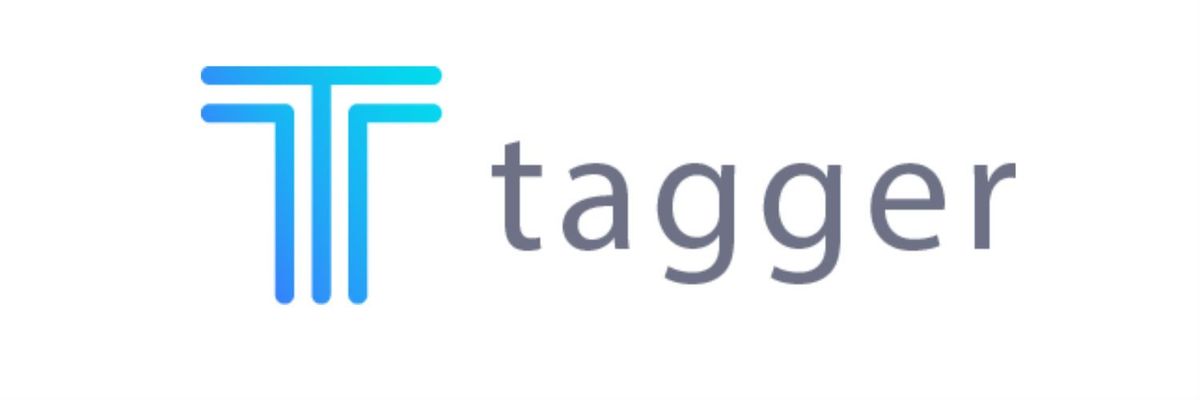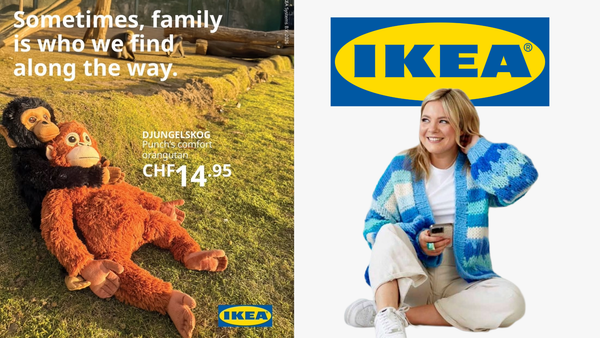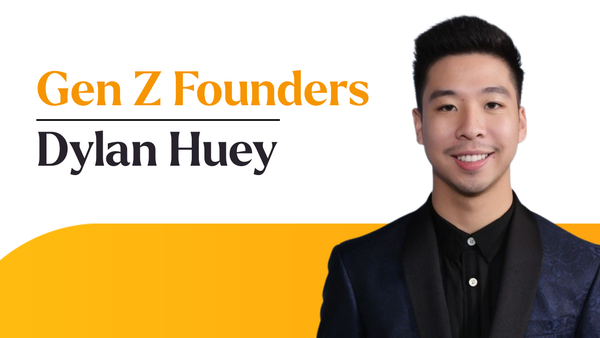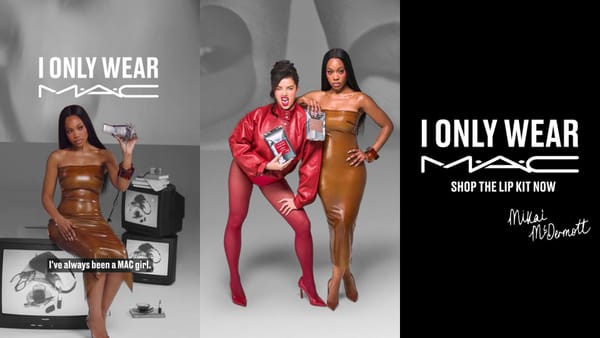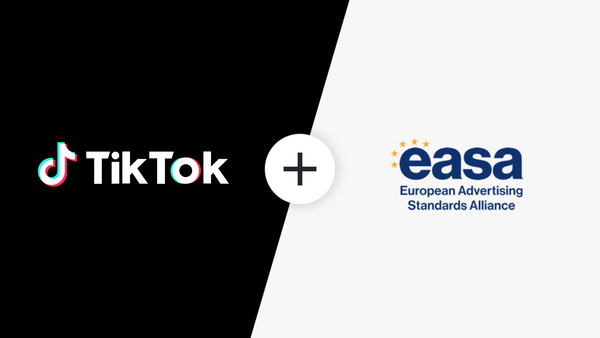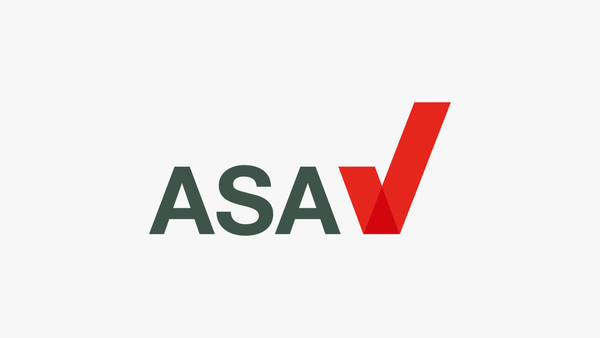First of all, could you give us a quick overview of your company and what you do?
Tagger is an end-to-end influencer marketing platform that enables brands and agencies to run their entire influencer strategy. Our platform helps you research an audience, find influencers, manage a campaign, and measure the effectiveness. Plan. Discover. Activate. Report. With an emphasis on data and collaboration, our enterprise-level platform helps teams of every size to make smarter decisions and scale quickly.How does it feel to be sponsoring the category for Most Effective Campaign for ROI at the first-ever IMAs?
Both brands and agencies alike are working towards the best possible ROI and so, as a tool that really helps brands push for and achieve this through effective planning, we’re thrilled to be aligned with and sponsoring this category.It has been an absolute pleasure to partner with Chris and the team at Talking Influence, and we’re super excited for the awards ceremony!What key developments in the industry have you seen within the last 12 months, and how has your company manoeuvred with them?
One of the major developments was Facebook tightening the amount of information that could be pulled through their APIs. This affects a lot of industries – social listening tools, publishing tools and the influencer marketing tools that are out there. This was something we anticipated and were ready for when the major shift happened in April 2018. Ensuring that our data and product was adhering to all updates Facebook rolled out helped us stay ahead of a lot of other competitors and not sacrifice any loss in data.What for you is the most exciting trend within the influencer marketing space right now?
For us at Tagger, the answer is two-fold:- The focus on consumption metrics as opposed to follower size. Brands will start to value consumption metrics above all else and require visibility into this information before hiring someone. Why wait until after you sign an influencer to get access to their first-party data? That will become a contingent component of the contract, so you know what you are getting ahead of time. Holding influencers to a higher standard of transparency will benefit the ones that are approaching this business the right way, as the influencers who have strong first-party metrics will be the ones who never purchase followers. You can’t fake metrics like impressions or reach, you can only obtain them if an audience is truly captivated by your content/likeness.
- The influencer and paid media strategy will become a given for all influencer activation. This is a trend in the industry that continues to swell. Soon it will be a given that brands will extend every influencer posts reach with paid media, and laser target it to more people in the demos/geos that matter most to them. Brands will realise that maximising an influencer partnership requires obtaining the usage rights to distribute all posts via paid media, as well as always accounting for the necessary media dollars upfront boost all posts. Influencer strategists will need to also become media planners to stay ahead of the curve.
And the biggest challenge?
One of the biggest challenges in influencer marketing is measuring direct impact in terms of revenue or ROI that goes beyond just engagement. Often clients want to be able to measure influencer marketing in the same way as they measure their digital media spend. This is an area of measurement that we plan to focus on in 2019 to help prove why budgets for influencer marketing should continue to grow at the rapid pace that they are. Additionally, the influencer marketing space in EMEA right now still seems to be quite fragmented when compared to, say, the US which was in the same position a couple of years ago. Planning campaigns is still being done very manually by a lot of brands and agencies, and it’s sometimes difficult to determine who is taking real ownership of an influencer marketing strategy. This can also mean that there is a lack of resource in-house or in-agency to plan campaigns effectively.That’s where the Tagger tool really comes into its own, as it helps significantly reduce the amount of time people are spending in spreadsheets and admin and plan better campaigns more effectively.

